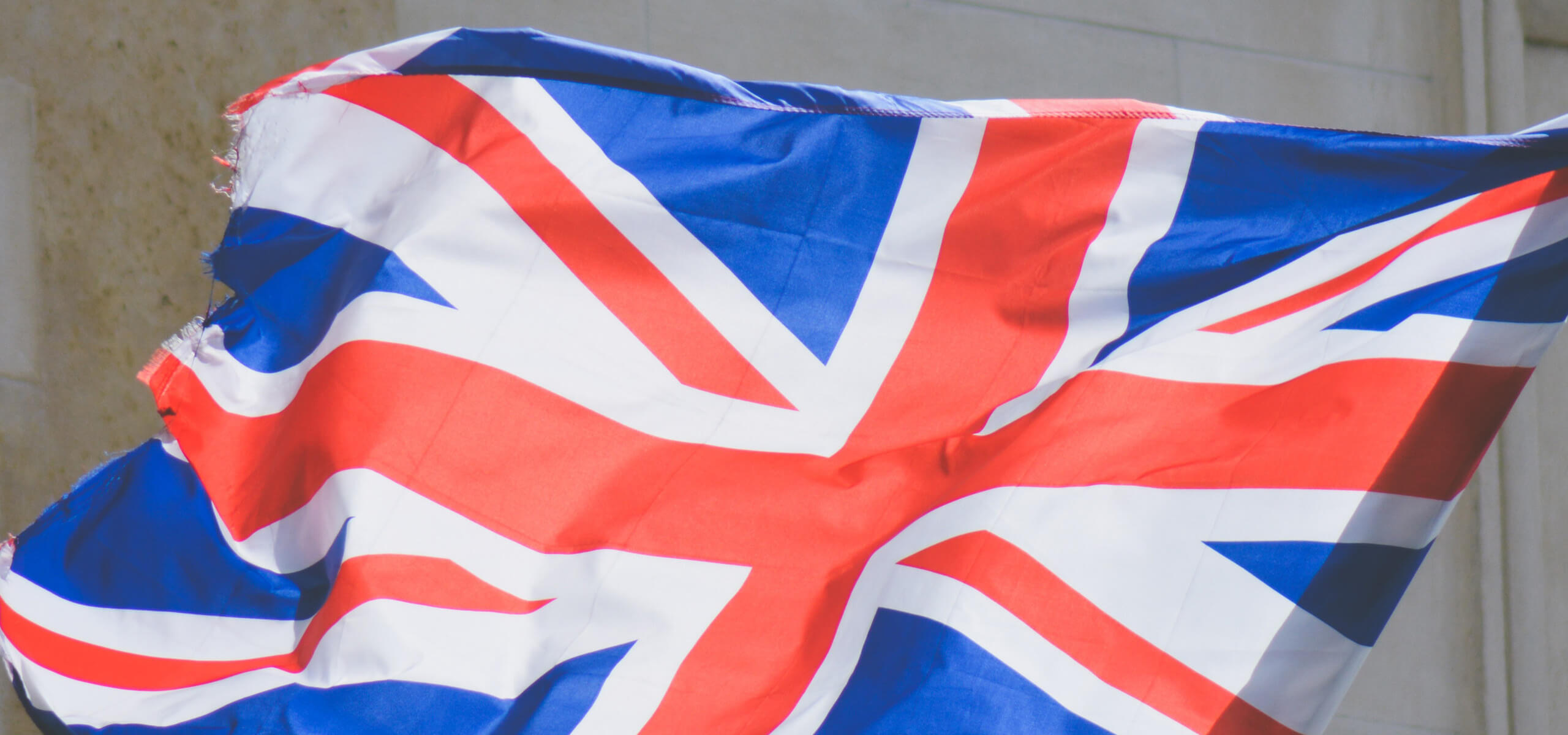Covid-19 has revealed significant weaknesses in British culture

Global Future CEO Gurnek Bains explains how Britain’s response to Covid reveals deeper weaknesses in our culture: Covid-19 has revealed significant weaknesses in British culture.
We must learn the lessons to build back better.
Covid-19 has hit people of all nations, but not equally. It has provided a real life ‘Rorschach’ test for all countries, with each nation’s response exposing its cultural strengths and weaknesses. Even though looking honestly in the national mirror is difficult, as we face a series of looming challenges, there is no better time for the UK to reflect on these lessons.
By any objective standards, our response to Covid-19 benchmarks poorly. At home, we have suffered a double punch from one of the highest death rates in the world and an economy that has plummeted more than any other major developed country. Abroad, our international reputation has taken a blow. Surveys from YouGov repeatedly show our standing in the world has suffered more than just about any other developed country. Business leaders comparing our reaction to others abroad have reached the same conclusion: if our nation was a business, we may not be sending it into administration, but we would for sure be issuing a profits warning.
Although the government has promised an enquiry into how we’ve handled Covid-19, its remit will almost certainly be too narrow. No doubt a few scapegoats will be found and ministerial portfolios shuffled and we will move on. The chance to learn broader lessons will be missed.
Three huge weaknesses, deeply embedded in our cultural DNA, have dominated Britain’s response to the global pandemic. First, a misplaced sense of British exceptionalism, arising from a sense that in all things we are better off going alone. Second, chronically slow decision-making and execution. Finally, nonchalance at the top of our institutions to the fate of ordinary people, especially more vulnerable groups. I would argue that these failures have not fallen out of a blue sky or are the fault of specific leaders, but arise from deep seated aspects of our culture.
As an island nation, we are more cut off from the rest of the world than many other countries. As I argue in my book ‘Cultural DNA’, this has fostered a sense of independence and going our own way. While this can be a strength, it also makes it harder to learn lessons across borders, and gives us an often-misplaced sense of self-sufficiency. This has been compounded by our history of empire, which reinforced our sense of superiority over our ability to form more reciprocal partnerships where different sides could learn from each other more equally. This goes some way to explaining why – even though Covid-19 took a relatively long time to reach our shores – we failed to learn from other countries, or to prepare adequately in just about every department. The underlying assumption was we will do better going our own way. There is no doubt this complacency took, and continues to take, its toll in British lives.
I have also argued that Britain’s cultural DNA has been shaped by a strong history of migration. We have exported more people to the rest of the world than just about any other nation. That is why English is spoken so widely around the world. In this migration, we lost practical, entrepreneurial people to the colonies and the new world. This left us with a society more inclined towards culture, intellectualism and doing things ‘properly’. However, crucially it has also made us slow and damaged a strong executional focus. Witness how long we have taken to decide on London airport expansion, HS2 or most other infrastructure improvements. With Covid, this executional slowness has led to debacles in getting many things – such as personal protection for workers, testing and the tracing app – up and running.
Culturally, whilst more pioneering, socially-disruptive groups left our shores for the likes of the United States, those with a stronger belief in order and the status quo remained at home. In other countries that lacked such an escape valve, class structures were broken down more. With us, a long, relatively unchallenged, history of class entrenchment means that even today, leaders with power tend to be more disconnected from the bulk of the population. This cultural rift has meant that our leaders have often acted without sensitivity, making last minute decisions that have left the population scrambling to cope. It is also why poorer and the most vulnerable groups have suffered brutally disproportionately throughout this crisis.
Our cultural failures become even more stark when you compare Britain to other countries. We can justifiably criticise American leadership, but once the federal government acknowledged Covid-19, the speed and scale of response in terms of testing, scientific investment and equipment was huge, reflecting America’s cultural and historical roots as an entrepreneurial and pioneering nation. Similarly, China, a huge geographical territory with a cultural tradition of respect for authority, was able to make huge asks of its citizens that were obeyed, choking the virus off faster than in our population.
None of this is to deny that Britain also has cultural strengths. Our reverence for education and academia has meant that our scientists and universities have helped lead the world in the race for a vaccine and other treatments. Our NHS workers have been second to none. It is no coincidence to me that our most successful institutions through Covid-19 are also the most diverse and internationally connected. Our colonial history makes us receptive to diversity and when our institutions are more outward focused, more international, more open, they overcome our cultural propensity to isolate – and they thrive.
In this way, acknowledging that we have cultural shortcomings does not mean we are always destined to fail. There is no cultural determinism. We must acknowledge, however, that we have a cultural propensity towards certain weaknesses that may damage us if do not honestly reflect on them. Just like any individual might use a crisis to reflect on their propensity to react in certain ways, we must do the same.
Our island nation faces huge challenges in the years ahead. Brexit, climate change, race relations, social inequality, technology and a second wave of Covid-19 will continue to test us to our limits, both in terms of our quality of life at home and our international standing in the world. All leaders, not just politicians, but those of us in positions of influence from business, to the arts, education, science and commerce, must all look into that honest mirror that Covid-19 has held up to us. Only once we have truly acknowledged the strengths and weaknesses of our cultural DNA can we begin to meet the challenges of the next generation, and build back our nation stronger.
To watch an extended interview with Gurnek Bains about the cultural responses to Covid-19, visit our YouTube channel here.
Gurnek Bains’ book, ‘Cultural DNA, The Psyhchology of Globalisation’, is available here.

